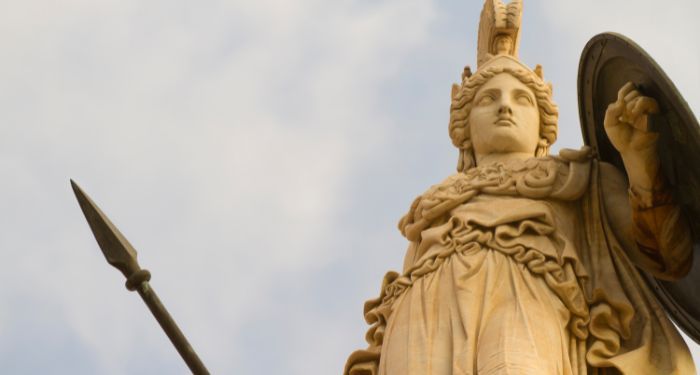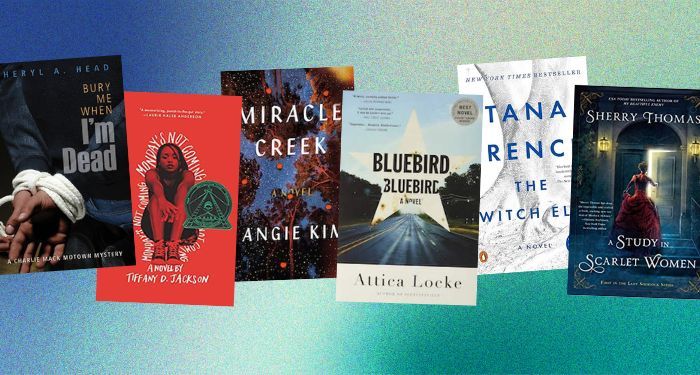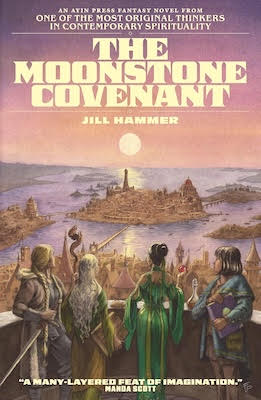American poet Nikki Giovanni died on Monday, December 9, at the age of 81, during treatment for her third cancer diagnosis.
Giovanni was born in Tennessee and grew up in the Cincinnati, Ohio, area. She attended college at Fisk University, where she met numerous other literary icons. In addition to her pursuit of writing, Giovanni reestablished the university’s student nonviolent coordinating committee. Giovanni published her first collection of poetry in 1968. That book, Black Feeling Black Talk, solidified her place in the Black Arts Movement at the age of 25. She found much of her early inspiration in writing from the Black Power Movement and the Civil Rights Movement.
Black Feeling Black Talk was a privately published collection, and among the pieces in the collection are several that highlight grief and loss. Giovanni lost her beloved grandmother and found much solace through poetry.
After the book’s publication, Giovanni moved to Philadelphia to begin a social work program at the University of Pennsylvania, but she left after a semester. She moved to New York, where she would teach at Livingston College. Just a year after Black Feeling Black Talk, Giovanni gave birth to her son, who she raised as a single mother. Though she talked about the criticism and reaction she got to doing that, Giovanni noted that it was through her son she began to better understand the unique needs and interests of children.
It was during the 1970s when Giovanni began to frequent Soul!, an entertainment show that focused on Black art and creativity. She interviewed well-known and beloved creatives, including James Baldwin, Gladys Knight, and Harry Belafonte.
Giovanni also helped with Soul!‘s production.
Giovanni’s work covered everything from social and racial justice to children’s literature–she wrote several books for young readers throughout her career, as well as produced several spoken word albums.
Giovanni taught English at Virginia Tech until she died.
Giovanni earned significant critical acclaim for her work. Among her numerous honors are winning the Langston Hughes Medal, a Caldecott Honor Award, a National Book Award, and winning the NAACP Image Award seven times. She was named a “Woman of the Year” by Ebony Magazine, Ladies Home Journal, and Mademoiselle, as well as one of Oprah’s 25 Living Legends. Giovanni held the key to over 12 cities across the United States and was the first recipient of The Rosa Parks Women of Courage Award.
Giovanni’s biography on her website showcases her incredible life, but it also highlights her warmth and her humor and her ability to forge her own path, even if it was not always perfectly clear. She wrote:
I remember a nun once saying to me that Black Boy by Richard Wright was a bad book. I knew better but I thank her for letting me know just because you are grown and a nun you don’t necessarily know what is a good from a bad book. I guess this is a long way of saying I’m a dreamer.
Among some of the other things about Giovanni: she had a Tupac tattoo, as seen in the video below, and she has a species of Ecuadorian bat named after her, the Micronycteris giovanniae.
The writer leaves behind a significant literary legacy. She published more than 25 titles. Among them are the poetry collections Cotton Candy on a Rainy Day; Knoxville, Tennessee; Quilting the Black-Eyed Pea: Poems and Not Quite Poems; and A Good Cry: What We Learn From Tears and Laughter. Her children’s books include titles such as A Library Illustrated by Erin K. Robinson; Lincoln and Douglass: An American Friendship; The Sun Is So Quiet; and Spin a Soft Black Song. Spoken word albums by Giovanni include The Nikki Giovanni Poetry Collection, The Reason I Like Chocolate, and Truth Is On Its Way.
Among the areas of activism Giovanni engaged included civil rights and nonviolent action, liberation of transgender students and the trans community at large, and more.
Giovanni’s final collection, aptly named The Last Book, will hit shelves in fall 2025.












 Bengali (Bangladesh) ·
Bengali (Bangladesh) ·  English (United States) ·
English (United States) ·